In today's construction and interior-design landscape, shower drain kits are more than functional pieces--they represent an intersection of aesthetics, performance and environmental responsibility. As awareness grows around resource use, waste reduction and energy consumption, manufacturers of shower drain kits are shifting their processes to reflect green values. By adopting sustainable practices in material selection, manufacturing systems, packaging and lifecycle design, leading producers are rethinking how drain kits are created, installed and maintained.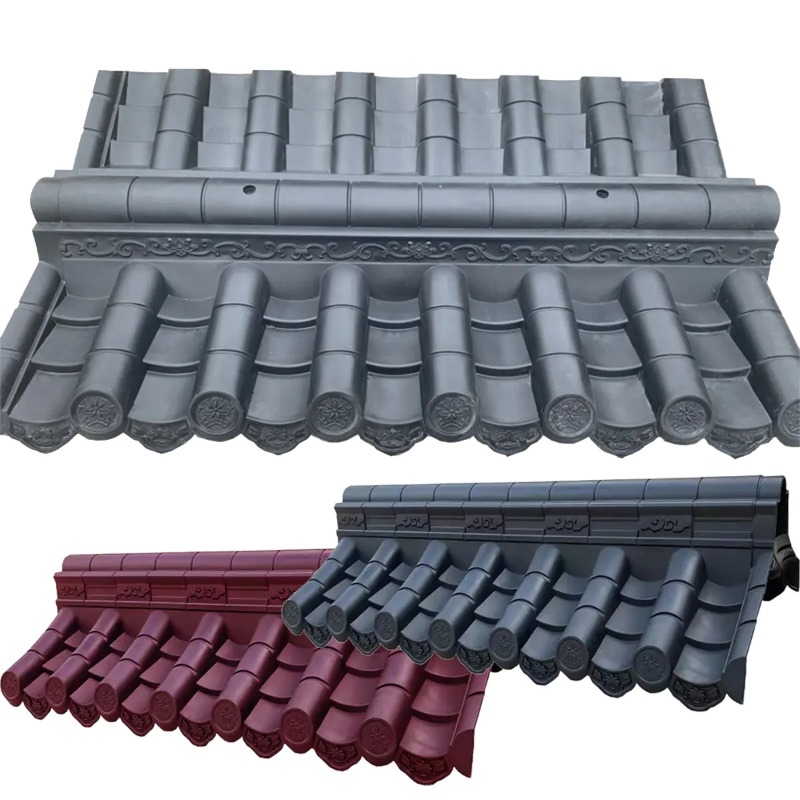
Material Choices that Respect the Planet
The path to sustainability begins with careful selection of raw materials. Traditional components can demand high energy input, generate significant waste or rely on finite resources. Modern manufacturers instead emphasise materials that are recyclable, corrosion-resistant and long-lasting. For example, choosing stainless steel or treated alloys over lesser plastics helps extend product life and simplifies recycling. Lower-impact polymers are also being explored, provided they meet durability and hygiene standards.
By selecting materials that align with longer lifespans and reduced environmental burdens, producers help ensure that each drain kit contributes less to landfill, less to frequent replacement and less to hidden energy costs. In this way, product value becomes measured not just by initial cost but by lifetime performance and minimal ecological footprint.
Energy Efficiency in Production
Manufacturing facilities play a critical role in sustainability. It's not enough for the product to be green-friendly if the factory operations remain energy-intensive and wasteful. The modern approach integrates automation, precision engineering and energy recovery systems to limit excess consumption. Smart machinery can reduce material scrap, optimise cutting and minimize rework. Waste-heat recovery, efficient lighting and controlled environmental systems further reduce a facility's energy demands.
These investments in efficient infrastructure lead to two benefits: lower operational costs and lower emissions. Over time, the improved factory footprint supports sustainability goals while also delivering value through productivity gains and consistent product quality.
Waste Minimisation and Circular Principles
A truly sustainable drain-kit manufacturing line considers waste at every stage'from raw-material off-cuts to packaging and end-of-life disposal. Strategies include re-using metal scraps, processing plastic off cuts into secondary uses, and designing product modules that are easier to dismantle and repair rather than replace. What emerges is a circular-economy mindset rather than a linear one.
Here is a visual table summarising key phases and sustainability focus areas:
| Production Stage | Sustainable Focus | Environmental Benefit |
|---|---|---|
| Raw Material Sourcing | Recycled or certified materials | Reduced resource depletion |
| Manufacturing | Automation, precision, energy reuse | Lower scrap, lower energy use |
| Packaging & Transport | Recyclable packaging, efficient routing | Lower waste, reduced transport emissions |
| Product Use & Lifespan | Durable build, easy maintenance | Fewer replacements, less landfill |
| End‑of‑Life | Modular design, part‑reuse | Increased recycling, less disposal |
By embedding these principles, manufacturers help their products deliver value far beyond simple functionality. Drain kits become part of a holistic system of sustainability rather than isolated components.
Packaging, Distribution and Logistics
Even the best engineered drain kit can lose sustainability value through excessive packaging or inefficient shipping. To avoid this, modern producers use smaller, sturdier packages made from recycled cardboard or other low-impact materials. Freight is consolidated, factory fulfilment systems are synchronised and shipping routes optimised to ensure minimal carbon per product.
Additionally, designing packaging for multi-use or easy return further shifts how logistics are viewed—from cost centres to sustainability opportunities. When packaging is reused, recycled or easily broken down into renewable materials, the end-to-end environmental cost of each kit drops significantly.
Lifecycle Design and Maintenance Focus
Design for durability is a hallmark of sustainable manufacturing. In the case of shower drain kits, this means engineering for easy cleaning, long-term corrosion resistance, accessible parts and minimal maintenance. A kit that lasts decades rather than years represents an enormous saving in material, energy and replacement cost.
Moreover, modular design enables individual components to be replaced or upgraded without discarding the entire unit. This approach extends useful life and aligns with the principle of maximizing product utility over time. When the user is encouraged to maintain rather than replace, a broader cycle of sustainability becomes embedded in the product's story.
Certification, Standards and Transparency
Reliable sustainability claims rely on credible systems of verification. Manufacturers adopting certified management systems, material traceability and publicly reported metrics generate trust and deliver measurable outcomes. Whether through internal audits, third-party certification or transparent reporting, the driver is clear: environmental responsibility must be verifiable.
Customers increasingly demand more than marketing claims. They want proof that sustainability is part of manufacturing DNA—not just an add-on. Factories that publish data on energy use, waste diversion, material reuse or carbon offset programmes achieve stronger market position and fulfil regulatory anticipation.
Consumer Awareness and Market Demand
The drive for greener product choices is powered by informed consumers, specifiers and industry stakeholders. Bathroom fixtures and supporting systems such as shower drain kits are no longer hidden plumbing items—they are visible design elements and functional contributors to building performance. As building codes evolve and building-certification schemes emphasise embodied carbon and indoor environmental quality, the demand for sustainable components rises.
By offering drain kits that highlight recyclable materials, long service life, anti-corrosion features and streamlined installation, manufacturers position themselves favourably in both residential and commercial markets. Sustainability becomes a differentiator, not a cost burden.
Implementation Challenges and Best Practices
Transitioning to sustainable manufacturing is not without obstacles. Initial capital investment, supply-chain complexity, staff training and process redesign all present hurdles. Yet best-practice case studies show that incremental steps—such as upgrading to energy-efficient lighting, switching to recycled material feedstock, or launching a take-back programme—yield meaningful gains. Leadership commitment, continuous monitoring and clear targets help overcome inertia and embed green practices into routine operations.
Looking Ahead: Innovation and Future Opportunities
The future of shower drain kit manufacturing is linked to material innovation, smart sensors, connected systems and lifecycle monitoring. Imagine drain kits that record usage data, alert for maintenance, or integrate with water-management systems to optimise flow and minimise waste. Or manufacturing lines where waste feedstock is re-introduced in closed-loop recycling and digital twins monitor environmental performance in real time. Sustainability is no longer a separate track—it is becoming the default.
Promotion of Hasen Factory
At the end of this journey through sustainable manufacturing lies a partner committed to these principles. Hasen stands as a factory dedicated to eco-friendly production of shower drain systems. With a focus on recyclable materials, precision manufacturing and consistent quality control, Hasen helps projects achieve both style and environmental standards. Whether for residential or commercial installations, Hasen's approach means durability, aesthetics and sustainability go hand in hand in every product delivered.
With streamlined production, modern equipment and a team driven by shared values, Hasen invites collaborators worldwide. If you are planning bathroom projects or sourcing drainage solutions that reflect your commitment to the planet, Hasen offers factory-direct solutions tailored to your needs. Choose Hasen and build with confidence in a cleaner, greener future.









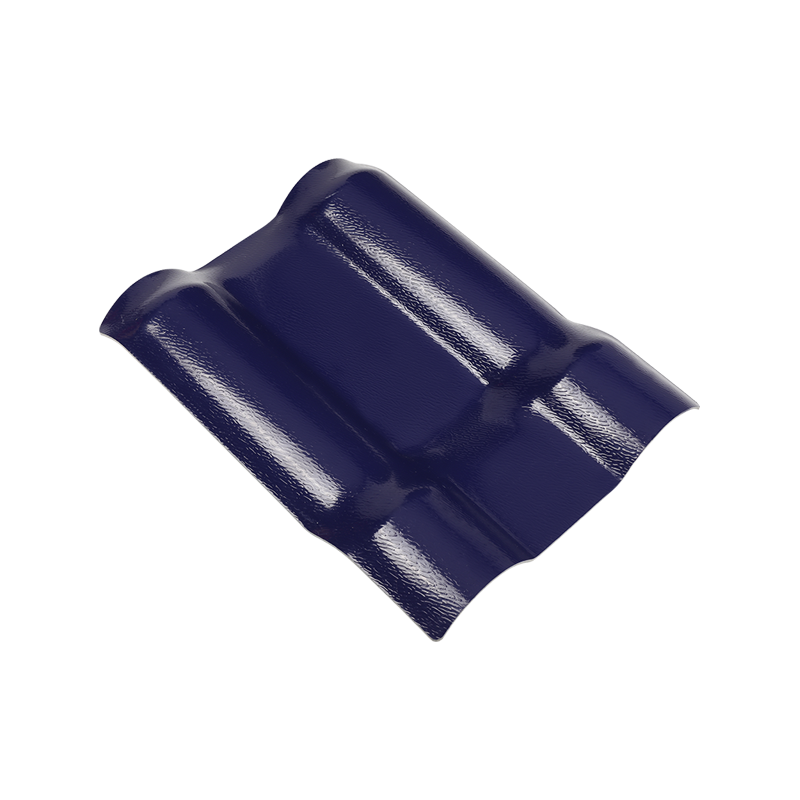
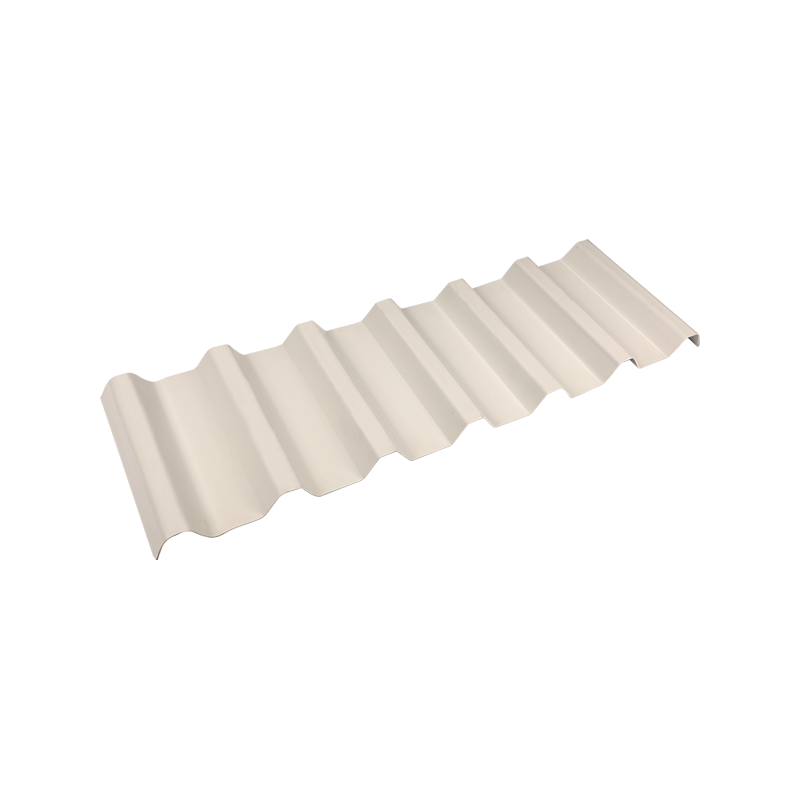
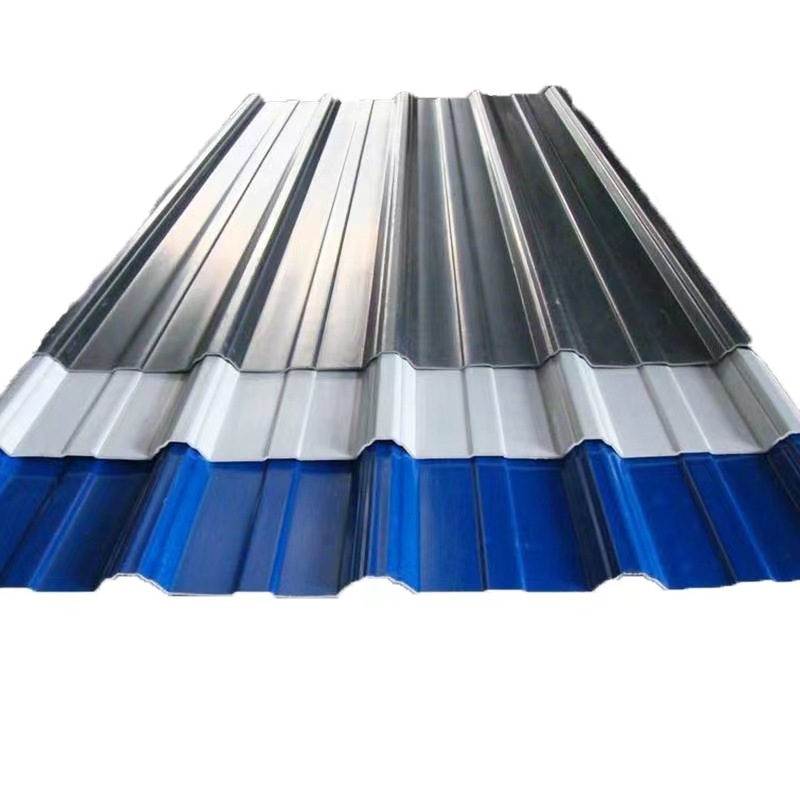
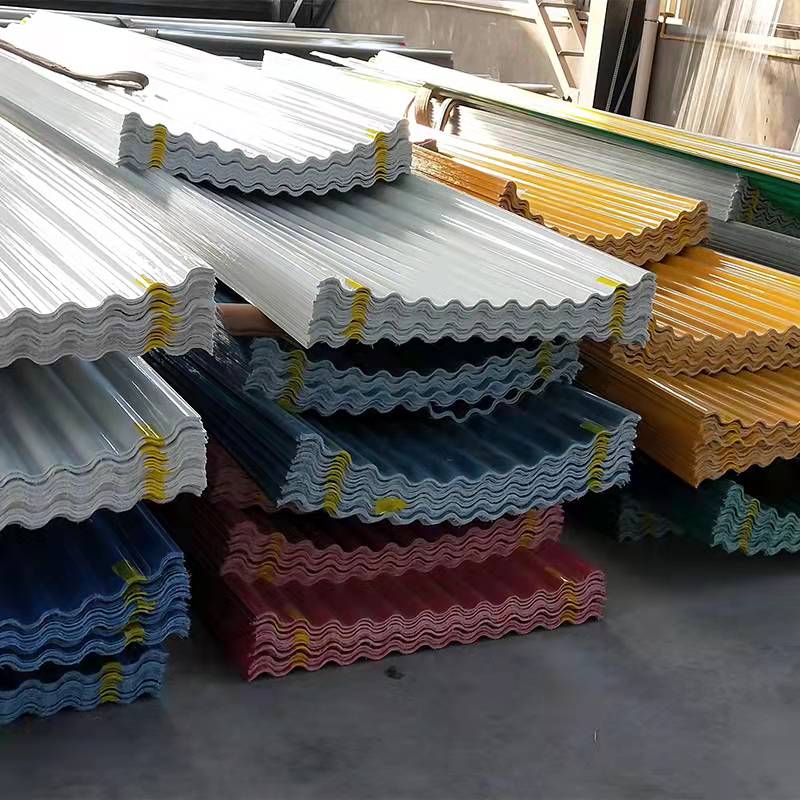
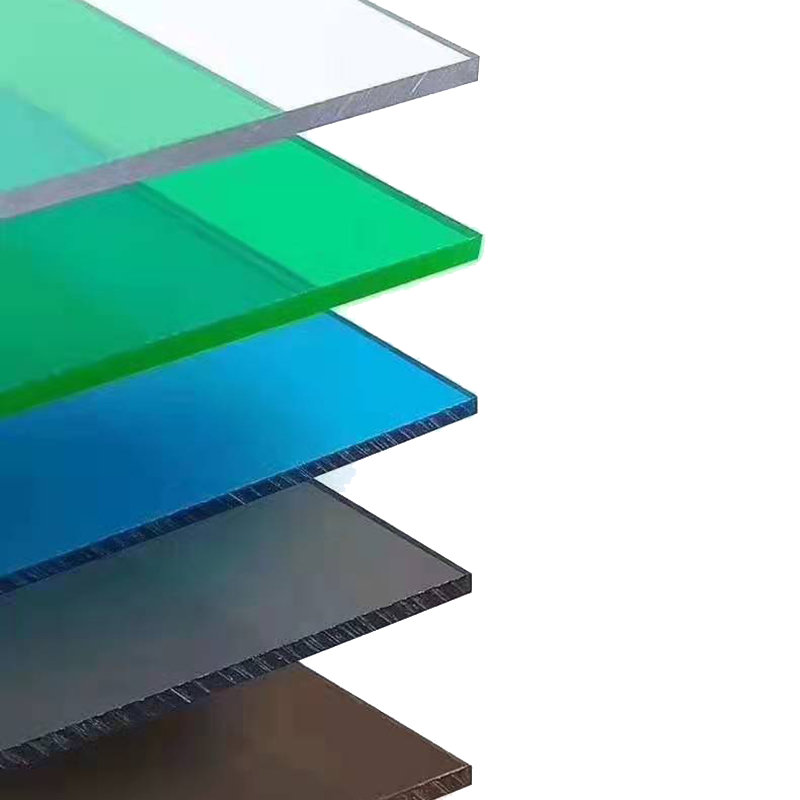
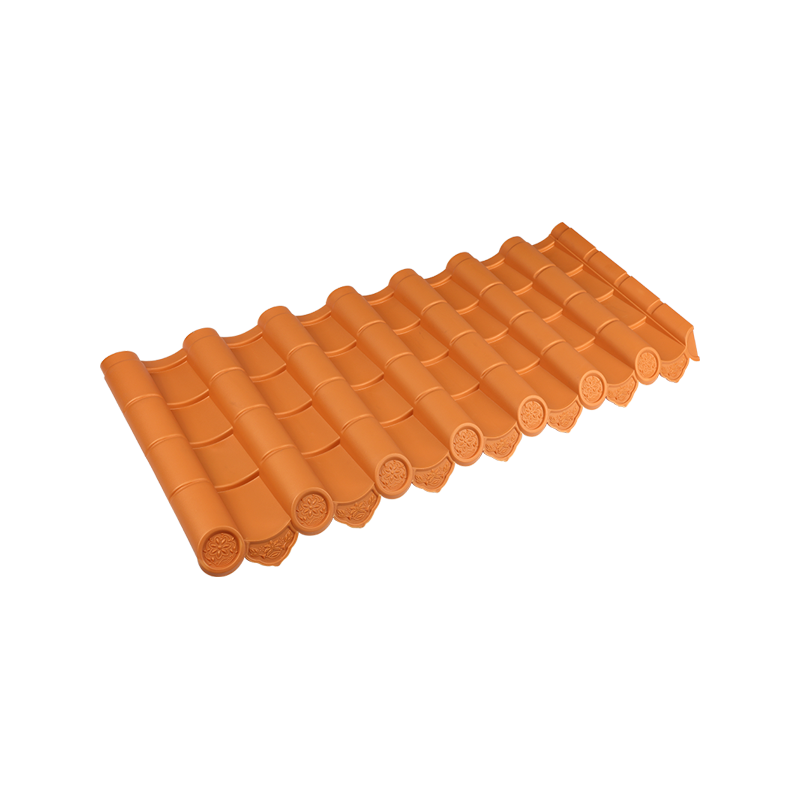
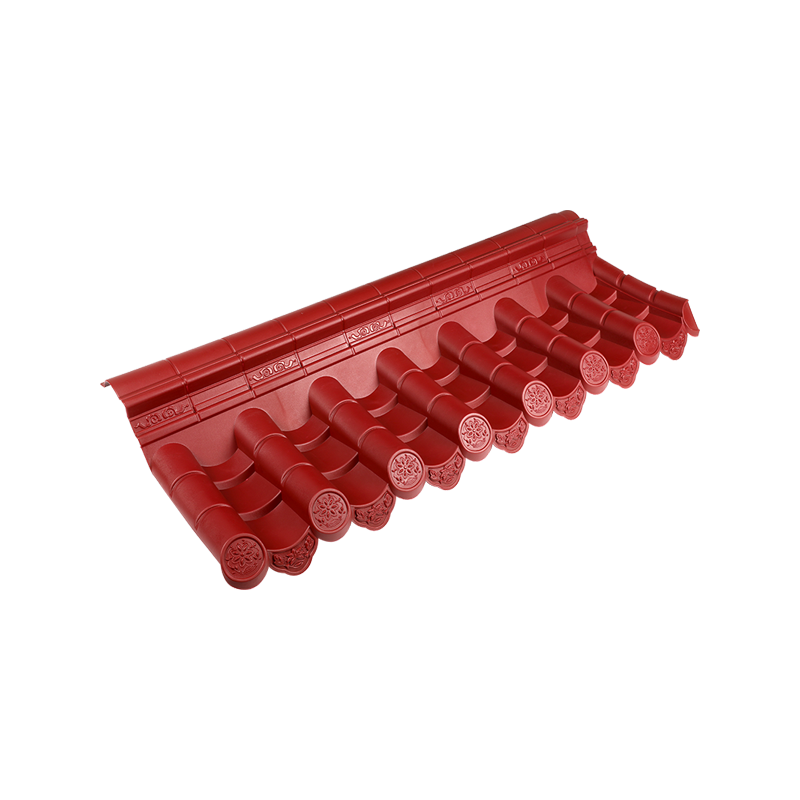


 Email:
Email: Phone:
Phone: Adress:
Adress: